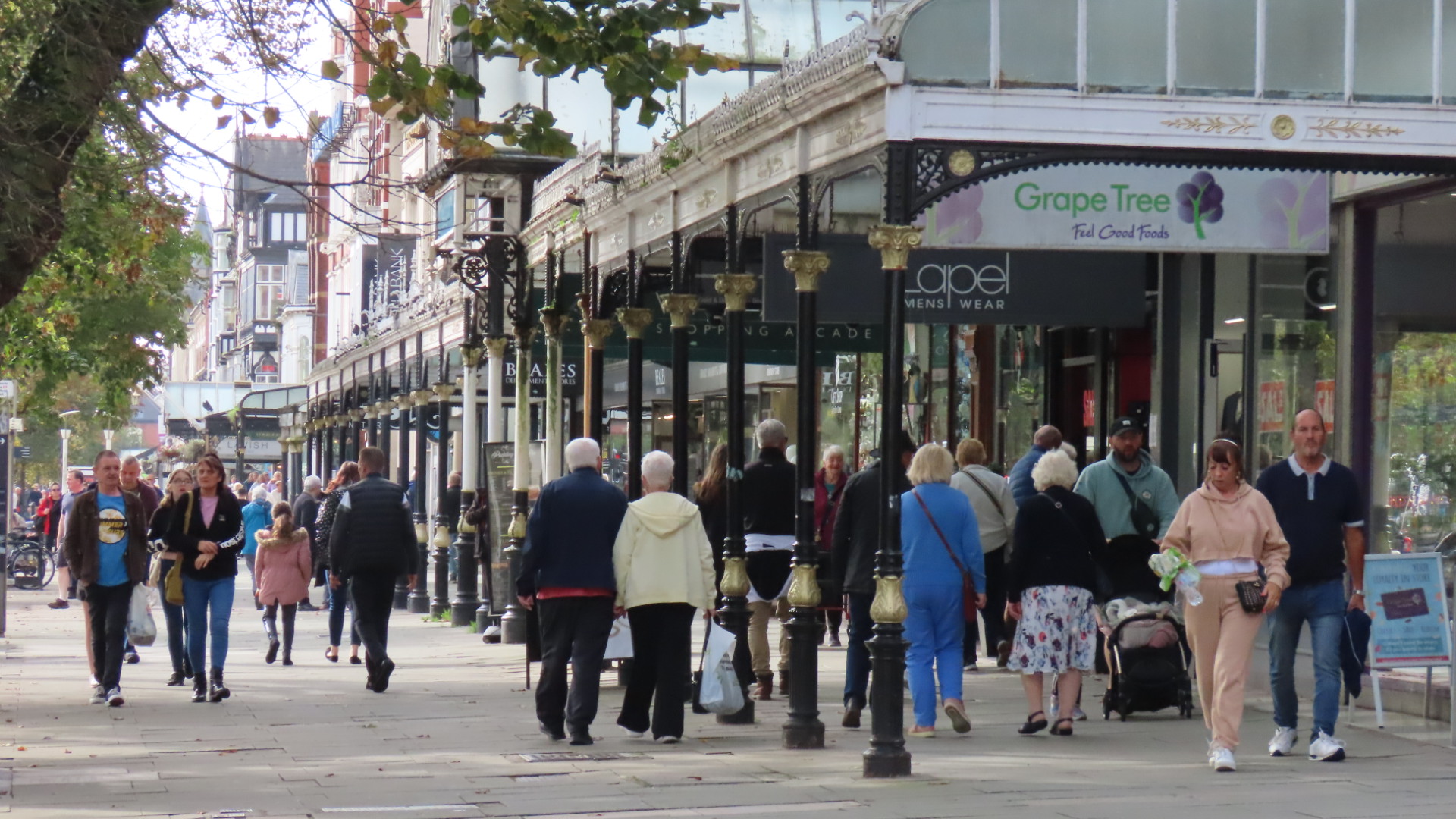Healthwatch Sefton says it has uncovered “a health crisis hiding in plain sight” with local residents skipping medical care, including dental and mental health support, due to increasing living costs.
Healthwatch Sefton is the borough’s ‘health and social care champion’ which has the power to make sure NHS leaders and other decision makers listen to people’s feedback to improve standards of care.
They will present their findings at Sefton Council’s Health and Wellbeing Board at Bootle Town Hall on Wednesday (10th September 2025).
The organisation conducted a survey of Sefton residents to find out how the ongoing increases in the cost of living has affected their health and well-being and if there was a link to their ability to access their health and social care providers. 103 residents in total shared their experiences.
The results will help Healthwatch Sefton to ensure that the impact shared by residents is factored into local decisions being made and work with the NHS and social care services to improve support for those that need it most.
Healthwatch Sefton Chairman John Turner said:
“The survey is a reminder of the impact on Sefton residents of the rising cost of social care and health.
“The struggle to access or pay for dentistry affects all age groups and threatens future dental health as increasing numbers fail to receive check-ups or preventative care.”
Diane Blair, Manager of Healthwatch Sefton, said:
“The findings from this survey are deeply concerning and paint a stark picture of how the rising cost of living is forcing many residents to make heart-breaking choices about their health and well-being.
“No-one should have to choose between heating their home and attending a medical appointment, or between eating enough and affording dental care.
“These insights will help us advocate for better support and more accessible services across Sefton.”
Some Key Findings include:
Although 34 residents (33%) said that they had enough money for living expenses, 62 residents (61%) said that they either had just enough / or not enough. Of those 62 residents, 31 said that they sometimes / often run out of money.
78 residents (76 %) said that their financial situation had become worse in the last 6 months.
34 residents (33%) said that their mental health had not been impacted, 59 residents (58%) sharing that their mental health had been impacted, getting slightly or a lot worse.
Some changes residents said they had already made included:
reducing how much food they eat and buy (48%)
putting on more clothes than usual to stay warm (65%)
with 60% not turning on the heating when they normally would.
69% said they were turning off or avoiding using essential appliances to save energy costs. Residents were asked if they had already made, or are anticipating making changes to their health and social care due to the rising cost of living:
Avoiding going to the dentist because of the cost of check-ups or treatment was the biggest change people had already made, 34% had already made the change with 15% thinking about making this change.
Avoiding buying over the counter medication they would normally rely on: 20% had already made this change and 9% were thinking about making this change.
Avoiding attending an NHS appointment because they can’t afford to travel to the appointment: 10% had made this change and 14% were thinking of making this change.
Avoiding booking an NHS appointment because they couldn’t afford the associated costs (for example, phone calls / internet access): 16% had made this change, while 12% were thinking of making this change.
Do you have a story for Stand Up For Southport? Do you need advertising, PR or media support? Please message Andrew Brown or email: mediaandrewbrown@gmail.com






